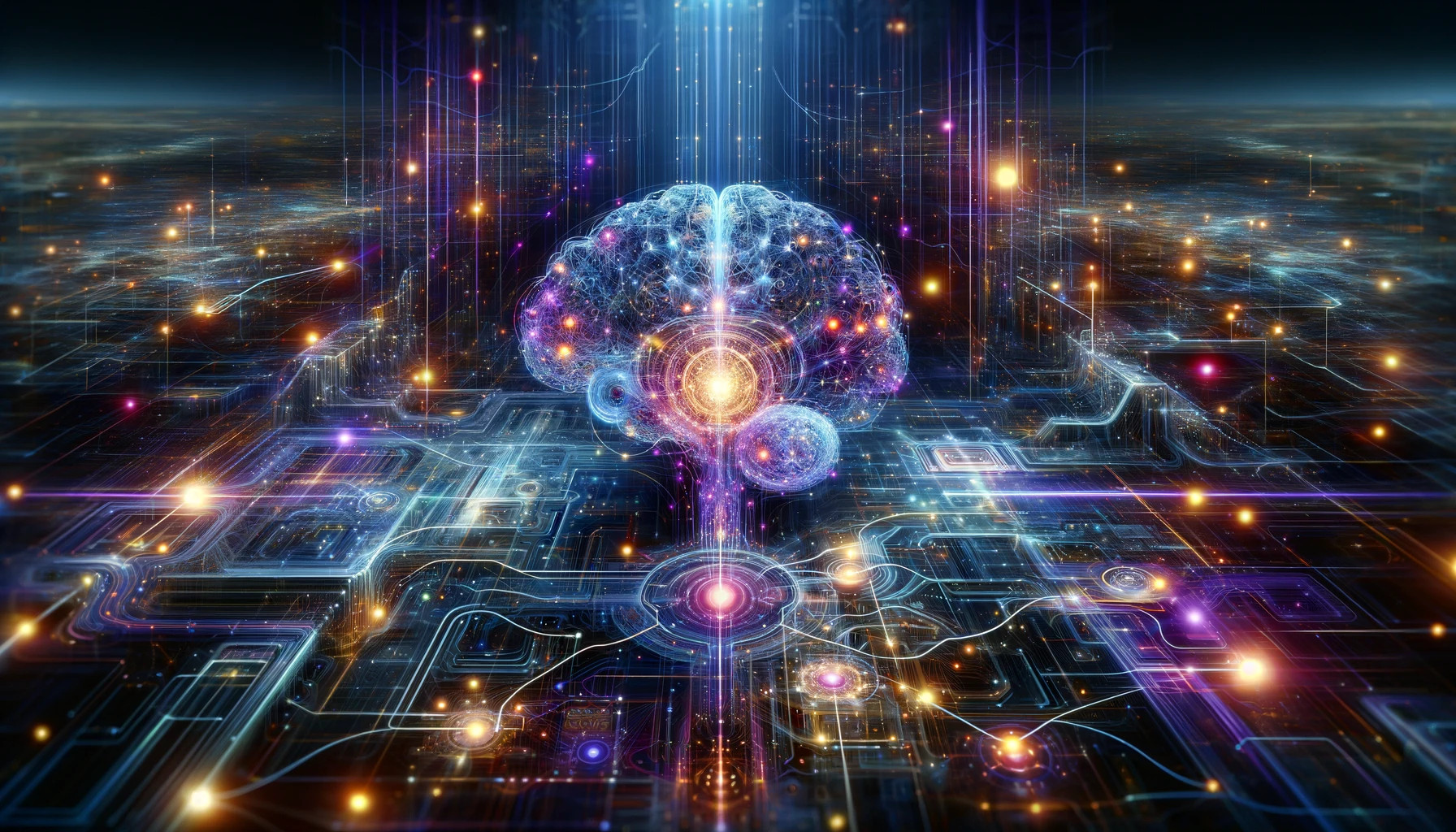Artificial General Intelligence (AGI) stands as a pivotal landmark in the evolution of artificial intelligence. Unlike its predecessor, Artificial Narrow Intelligence (ANI), which excels in specific tasks, AGI boasts the ability to understand, learn, and apply its intelligence broadly and flexibly, akin to human cognition. This leap from specialized functionality to generalized capabilities marks a significant shift in the AI landscape.
Transforming Human-AI Interaction
The advent of AGI promises to revolutionize the way humans interact with AI. Presently, we engage with AI in limited scopes – for specific tasks like language translation, image recognition, or playing chess. AGI, however, will interact more like a human peer, capable of understanding contexts, emotions, and nuances. This could lead to more intuitive and personalized AI assistants, capable of handling complex tasks that require understanding across multiple domains.
Potential Dangers and Ethical Considerations
With great power comes great responsibility, and AGI is no exception. One of the primary concerns is the control problem: how do we ensure AGI aligns with human values and objectives? Misaligned AGI could lead to unintended consequences, potentially harmful at a large scale. Moreover, as AGI systems could potentially outperform humans in most cognitive tasks, this raises concerns about job displacement, economic inequalities, and the need for new social structures to adapt to this shift.
The Impact on Humanity’s Course
AGI could be a double-edged sword for humanity’s future. On one hand, it promises unparalleled advancements in science, medicine, and technology, potentially solving some of humanity’s most pressing problems. On the other hand, it poses existential risks if not developed and controlled responsibly. It could lead to scenarios where humans are no longer the most intelligent entities on the planet, raising profound questions about our role and purpose.
Conclusion
The emergence of AGI represents a monumental shift in our technological landscape. It is imperative that we approach this new era with cautious optimism, balancing the incredible potential benefits with the ethical and existential risks involved. As we stand on the brink of this AI revolution, it is crucial to foster international collaboration and dialogue to navigate the challenges and opportunities that AGI presents, ensuring a future where AGI and humanity can coexist and thrive.
